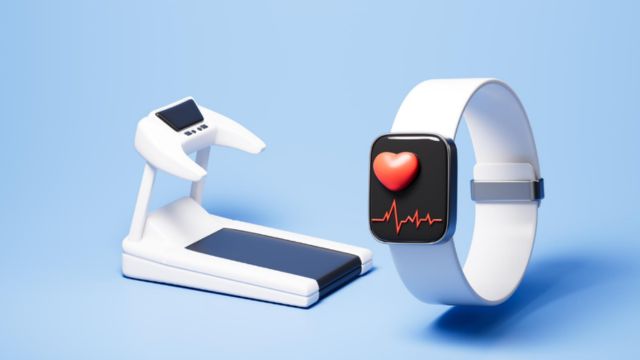The Department for Work and Pensions (DWP) has recently confirmed that it will make changes to the Personal Independence Payment (PIP) system, which could have a significant impact on people receiving Universal Credit and managing health conditions or disabilities.
These changes are designed to provide better support to individuals who face daily challenges due to a disability, health condition, or mental health disorder. However, the details of these changes are still unclear, and many are waiting for more information from the DWP.
What Is the Personal Independence Payment (PIP)?
The Personal Independence Payment (PIP) is a non-means-tested benefit in the UK designed to help people who need assistance with daily tasks due to a disability or health condition. The key point about PIP is that it is available regardless of whether the individual is employed or not, and it can be received alongside other benefits, including Universal Credit.
PIP is intended to help people live more independently and can cover a range of costs that arise from living with a health condition. The higher rates of PIP can provide up to £749.80 every four weeks, which is separate from other financial support a person might receive, such as Universal Credit.
How Does PIP Work with Universal Credit?
For single claimants over 25 years old, the standard Universal Credit allowance is £400.14 per month. When combined with the higher rate of PIP, a person can receive up to £1,149.94 monthly, combining the standard Universal Credit allowance and the higher PIP rate.
However, the amount someone actually receives may vary depending on other factors, such as additional elements they might be eligible for or deductions applied by the DWP.
Understanding PIP Rates
PIP is not awarded based solely on a diagnosis of a health condition but on how the condition affects a person’s ability to perform daily tasks. There are two main parts to PIP:
Daily Living Component
- Standard rate: £73.90 per week
- Higher rate: £110.40 per week
This component covers things like preparing food, managing personal care, and communicating.
Mobility Component
- Standard rate: £29.20 per week
- Higher rate: £77.05 per week
This component helps with mobility needs, such as getting around or using public transport.
Proposed Changes to PIP Eligibility
One of the significant proposed changes to PIP eligibility involves the daily living component. These changes will come into effect starting November 2026. The new eligibility criteria will require claimants to score between 8 and 11 points across various activities to qualify for the standard rate, while those who score 12 points or more will be eligible for the higher rate.
An important update in the new rules is the introduction of a requirement for claimants to score at least 4 points in at least one specific activity in order to qualify for the daily living component. This could mean that individuals who currently qualify for the daily living portion of PIP by scoring lower points across a range of activities may no longer be eligible once the reforms are introduced.
Impact of Proposed Changes
These changes to the PIP system will likely affect many individuals who currently rely on the daily living component of PIP. Claimants who previously qualified under the current point system but do not meet the new criteria could find themselves without essential support. The changes could reduce the overall number of people eligible for higher payments, and some individuals might see their PIP payments decrease significantly.
The DWP’s proposed adjustments may help target resources to those with the greatest needs, but it remains to be seen how the new system will be applied in practice.
The upcoming changes to the Personal Independence Payment (PIP) rules could significantly impact individuals with health conditions or disabilities, particularly those receiving Universal Credit. While the changes are meant to provide more targeted support, many claimants may find themselves facing reduced payments or losing their eligibility altogether. With the full details of these reforms still unclear, many are awaiting further clarification from the DWP in the coming months. It’s important for those affected to stay informed about these changes and understand how they may impact their financial support.
FAQs
What are the changes to PIP eligibility from November 2026?
From November 2026, individuals will need to score at least 8 points for the standard daily living rate and 12 points for the higher rate. The new system will also require at least 4 points in one specific activity.
How does PIP affect Universal Credit claimants?
PIP can be combined with Universal Credit to provide additional financial support, with some claimants receiving up to £1,149.94 per month when both benefits are combined.
What are the new requirements for the daily living component of PIP?
Claimants will need to score between 8 and 11 points for the standard daily living rate and 12 points for the higher rate. Additionally, they must score at least 4 points in one specific activity to be eligible.
When will these changes to PIP eligibility take effect?
The changes are expected to come into effect in November 2026.
Will the changes to PIP eligibility reduce the amount I receive?
Yes, if the new criteria result in a lower score, claimants could receive less financial support or lose eligibility for certain PIP components altogether.








